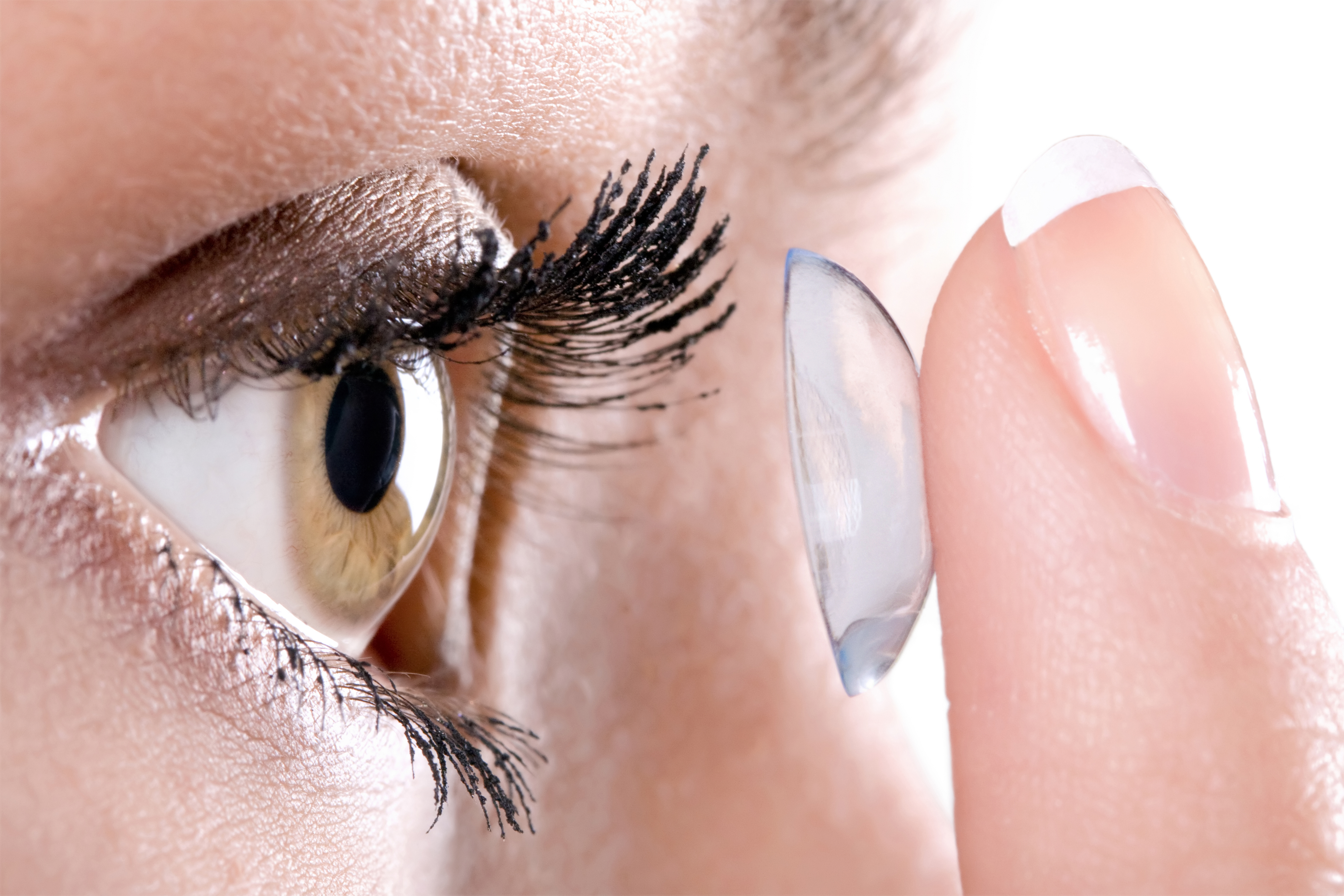Dangers of Contact Lenses: Amoeba Eye Infection Blinds Woman

A student in Taiwan who left contact lenses in her eyes for six months straight developed a rare and serious eye infection that ultimately took her vision, according to a news report.
A single-celled organism called an amoeba was able to infect the outer covering of the woman's eye because she did not remove and clean the lenses at all during this time, according to the Daily Mail.
While this particular case has not been verified by Live Science, eye infections from microscopic amoebas can occur. The condition is known as Acanthamoeba keratitis, and is most common among people who wear contact lenses, according to the Centers for Disease Control and Prevention.
Symptoms from the infection — including eye pain, redness and blurred vision — can last for weeks or months, and can cause vision loss or blindness if left untreated, the CDC says. [16 Oddest Medical Cases]
Dr. Mark Fromer, an ophthalmologist at Lenox Hill Hospital in New York City, said that leaving contact lenses in too long increases the risk of eye infections because the contact lens prevents the cornea — the transparent outer covering of the eye — from getting enough oxygen.
"It's a living, breathing organ, the cornea; it needs oxygen," Fromer said. Without adequate oxygen, the cells of the cornea can break down and fall off, essentially removing the eye's barrier to infection. Because of this risk, Fromer tells his patients to never keep their contact lenses in overnight.
Although Acanthamoeba keratitis is rare, other more common eye infections caused by bacteria also can happen when people leave their contact lenses in too long, don't change their contact solution regularly or don't keep their contact-lens case clean, Fromer said, adding that he sees at least one contact-related eye infection per week.
Sign up for the Live Science daily newsletter now
Get the world’s most fascinating discoveries delivered straight to your inbox.
The CDC also recommends that people remove their contact lenses before swimming, showering or other activities where the eyes come into contact with water.
Follow Rachael Rettner @RachaelRettner. Follow Live Science @livescience, Facebook & Google+. Original article on Live Science.

Rachael is a Live Science contributor, and was a former channel editor and senior writer for Live Science between 2010 and 2022. She has a master's degree in journalism from New York University's Science, Health and Environmental Reporting Program. She also holds a B.S. in molecular biology and an M.S. in biology from the University of California, San Diego. Her work has appeared in Scienceline, The Washington Post and Scientific American.









